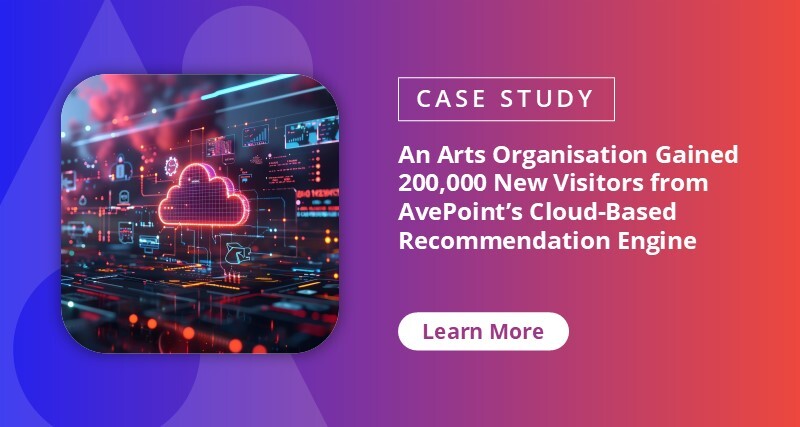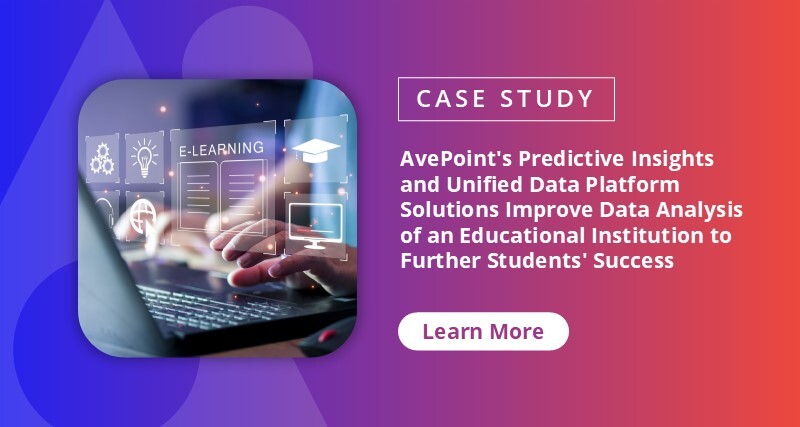Innovate to Elevate in 2025: How AI and Data Reshape Business Operations and Drive Transformation

After ChatGPT took the world by storm, amassing 100 million users in about two months in early 2023, generative AI (genAI) use increased to 75% in 2024 from 55% in 2023, according to IDC’s report, The Business Opportunity in AI.
This trend has led to increased AI discussions and the availability of more AI tools. Among organisations, this led to a greater focus on AI strategies that can help improve operations. In early 2024, 89% of enterprises have already mapped their digital and AI transformation strategies, according to McKinsey. Organisations have also been using AI more, with 50% using it in two or more business functions, according to another McKinsey survey.
But AI is only as powerful as the data it can access. Effective use of AI requires up-to-date and complete data to more accurately identify trends and patterns in business operations and customer data. As we approach 2025, integrating data and AI is becoming increasingly crucial for driving operational transformation and enhancing customer experiences with the help of proper data management and analytics tools.
Digging deeper into how this can benefit organisations, this blog entry will discuss how businesses can utilise AI and data to drive business transformation.
Revolutionising Business Operations with AI
Today, AI helps organisations with productivity and efficiency through a number of ways:
1. Automating Routine Workflows
AI automation revolutionises internal business operations, creating more streamlined and efficient workflows across departments. Intelligent AI assistants, such as Microsoft 365 Copilot, have transformed traditional meeting management by automatically generating comprehensive summaries and providing real-time transcription services. These AI tools can quickly generate an outline of the next steps based on agreements during the meeting. This eliminates time-consuming tasks, enables teams to focus on more strategic work, and improves collaboration.
The impact of AI automation reaches every corner of modern organisations. In human resources, AI systems now seamlessly manage the entire employee lifecycle, from scheduling interviews and employee engagement emails, to coordinating onboarding procedures.
Meanwhile, finance departments have witnessed significant efficiency gains through automated invoice processing, expense report handling, and automated reconciliation processes, reducing instances of manual data entry and human error.
Similarly, AI-driven innovations are transforming the way businesses interact with their customers. Omnichannel chatbots now serve as the first point of contact across various platforms, ensuring consistent and immediate customer support. These sophisticated systems can simultaneously handle multiple customer interactions and process routine requests, significantly reduced response times and improving overall customer satisfaction.
In document management, AI-powered systems have eliminated countless hours of manual filing and organisation. These systems can automatically categorise documents, extract relevant information, and route files to appropriate team members based on predefined workflows. This automation has particularly transformed legal and compliance departments, where document accuracy and quick retrieval are crucial.
2. Facilitating Data-Driven Decision-Making
AI heavily relies on accurate, quality data. To effectively utilise this tool for analytics and strategic business decisions, organisations must begin with proper data management strategies that ensure data remains clean, up-to-date, and accurate. With poor quality data, businesses may only end up with incorrect insights and poor business decisions.
With proper data management strategies, AI-driven data analytics help create smarter business strategies. Data analytics tools can interpret vast amounts of data in real-time, providing insights that help businesses make informed decisions quickly. For instance, by analysing supply chain data, companies can optimise inventory levels, reduce lead times, and minimise costs. In the healthcare sector, data analytics can improve patient outcomes by identifying trends in patient data and enabling personalised treatment plans.
AI further enhances this process by automating data interpretation, allowing businesses to respond quickly with actionable insights. Together, AI and data analytics help businesses understand customer needs, optimise operations, and discover new revenue opportunities.

3. Enabling Advanced Predictive Analytics
Another AI capability that can help you hone your competitive advantage is its ability to predict future trends and potential outcomes. AI-powered predictive analytics empowers businesses to make proactive decisions by forecasting shifts in customer behavior, market trends, and operational performance.
By analysing historical data, AI can predict future trends, identify potential risks, and uncover growth opportunities. This capability is particularly valuable in finance, healthcare, and retail industries, where accurate predictions can lead to better resource allocation, improved customer service, and increased profitability.
Intelligent search tools powered by AI enable businesses to tailor their marketing campaigns to target specific customer segments with personalised content and recommendations to their customers. By analysing user behaviour and preferences, these tools can suggest products or services that are most relevant to each customer, increasing engagement and driving sales.
Securing and Integrating Data Around AI
As businesses increasingly rely on AI and data to drive their strategies, it is imperative to establish data governance processes to implement policies and procedures for workspaces to ensure that no confidential information falls in the hands of unauthorised individuals as AI utilise data in the organisation.
For example, absent proper data governance tools, a product manager might try to pull up information on their product strategy and inadvertently find confidential information from a yet-unannounced project from the research and development team. Similarly, a sales analyst using AI to look into deal patterns and discount levels may unintentionally get information on specific deal terms from restricted accounts, accidentally uncovering confidential agreements.
To avoid these instances, enterprises can implement data governance by defining data ownership and implementing security measures that restrict AI from providing all corporate data from everybody in the organisation. Through proper controls, organisations can establish clear boundaries around data access and usage within AI systems. This includes implementing role-based access controls (RBAC) that mirror existing organisational security protocols, ensuring AI systems only access and process data relevant to the user’s clearance level and job function.
Furthermore, businesses should establish clear data classification frameworks that automatically tag sensitive information and restrict its use in AI interactions. This could include implementing AI governance platforms that can detect and redact confidential information in real-time, preventing accidental exposure of sensitive data across departments.
Data governance frameworks should also include processes for data integration, ensuring that data from various sources is combined and analysed effectively. AI and data integration technologies enable businesses to streamline processes, make informed decisions faster, and reduce costs. Integration technologies, such as application programming interfaces (APIs), facilitate the seamless connection between data sources and systems, allowing businesses to analyse data from various platforms, providing a holistic view of their operations. For example, integrating customer relationship management (CRM) systems with AI-powered analytics tools can give businesses valuable insights into customer behaviour and preferences.

Preparing for 2025 and Beyond
To stay competitive in 2025, businesses must prioritise building a robust data strategy as they invest in AI technologies. But it’s not just about adopting the latest tools — upskilling employees is crucial. As AI becomes more integrated into business operations, employees need the skills to work smarter with these technologies.
By investing in both AI tools and the development of your workforce, businesses can ensure their teams are equipped to leverage AI’s full potential. This dual focus will drive productivity, innovation, and sustainable growth, positioning companies to lead in the future of work.
Ready to take the next step? Consult with our experts to discuss how AI and data can elevate your business in 2025.
Phoebe Magdirila is a Senior Content Marketing Specialist at AvePoint, covering SaaS management, backup, and governance. With a decade of technology journalism experience, Phoebe creates content to help businesses accelerate and manage their SaaS journey.




